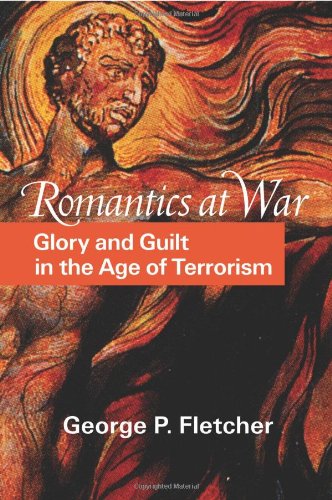

Most ebook files are in PDF format, so you can easily read them using various software such as Foxit Reader or directly on the Google Chrome browser.
Some ebook files are released by publishers in other formats such as .awz, .mobi, .epub, .fb2, etc. You may need to install specific software to read these formats on mobile/PC, such as Calibre.
Please read the tutorial at this link: https://ebookbell.com/faq
We offer FREE conversion to the popular formats you request; however, this may take some time. Therefore, right after payment, please email us, and we will try to provide the service as quickly as possible.
For some exceptional file formats or broken links (if any), please refrain from opening any disputes. Instead, email us first, and we will try to assist within a maximum of 6 hours.
EbookBell Team

4.8
54 reviewsWe hear these phrases together so often that we rarely pause to reflect on the dramatic differences between the demands of war and the demands of justice, differences so deep that the pursuit of one often comes at the expense of the other. In this book, one of the country's most important legal thinkers brings much-needed clarity to the still unfolding debates about how to pursue war and justice in the age of terrorism. George Fletcher also draws on his rare ability to combine insights from history, philosophy, literature, and law to place these debates in a rich cultural context. He seeks to explain why Americans--for so many years cynical about war--have recently found war so appealing. He finds the answer in a revival of Romanticism, a growing desire in the post-Vietnam era to identify with grand causes and to put nations at the center of ideas about glory and guilt.
Fletcher opens with unsettling questions about the nature of terrorism, war, and justice, showing how dangerously slippery the concepts can be. He argues that those sympathetic to war are heirs to the ideals of Byron, Fichte, and other Romantics in their belief that nations--not just individuals--must uphold honor and be held accountable for crimes. Fletcher writes that ideas about collective glory and guilt are far more plausible and widespread than liberal individualists typically recognize. But as he traces the implications of the Romantic mindset for debates about war crimes, treason, military tribunals, and genocide, he also shows that losing oneself in a grand cause can all too easily lead to moral catastrophe.
A work of extraordinary intellectual power and relevance, the book will change how we think not only about world events, but about the conflicting individualist and collective impulses that tear at all of us.